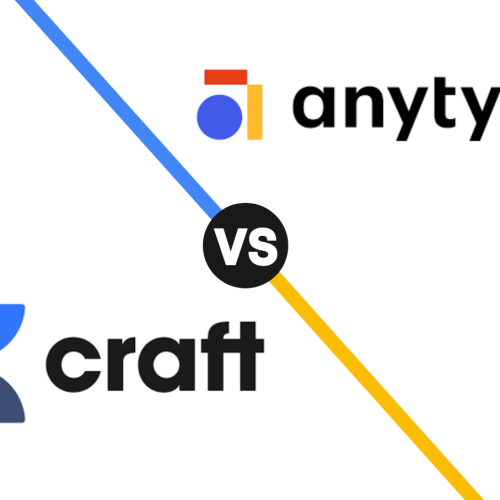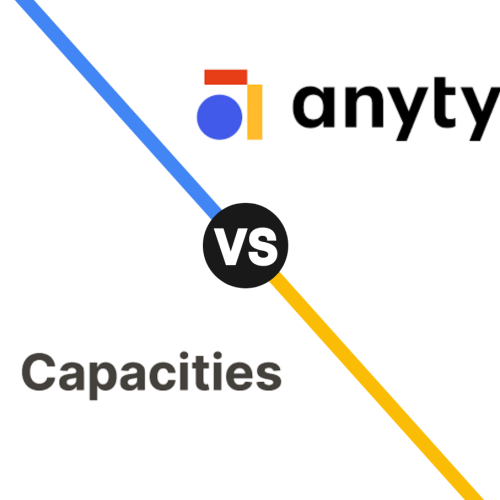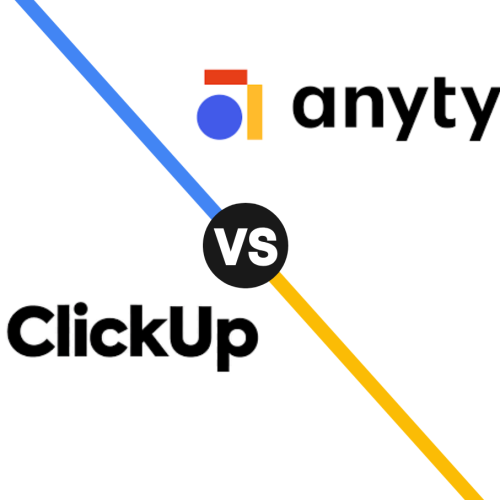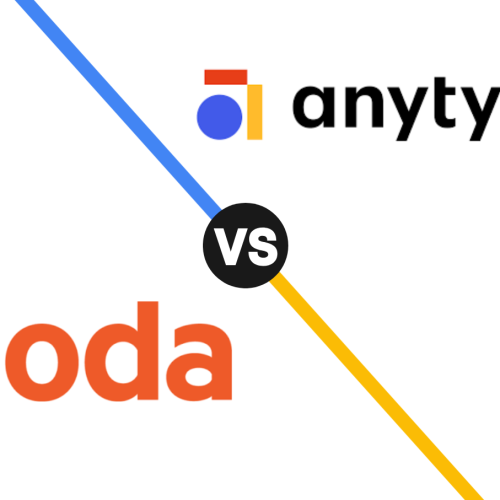Choosing the right marketing automation platform is a crucial decision for any business aiming to grow. It’s about more than just sending emails; it’s about automating your marketing tasks, nurturing leads, and creating a smooth, connected customer experience. Making the right choice will directly impact your efficiency and revenue.
This article will compare two top platforms: HubSpot vs Pardot. We’ll break down their features, who they are for, and their main differences. By the end, you’ll have a clear picture of which platform is the best fit for your company’s unique needs in 2026.
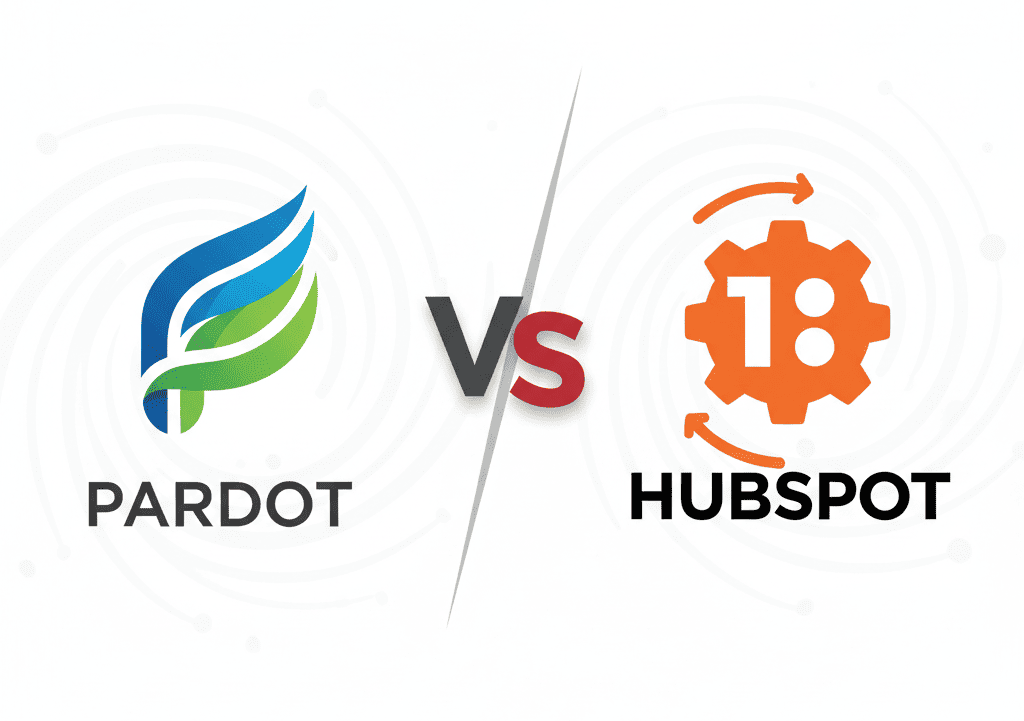
What is HubSpot?
HubSpot is an all-in-one platform known for its user-friendly design and comprehensive suite of tools. It is built to help businesses of all sizes attract, engage, and delight customers. Its strength is an integrated ecosystem that combines marketing, sales, and service on a single platform.
The platform works by providing a seamless, end-to-end customer journey. HubSpot offers powerful tools for email marketing, content management, social media, and SEO. Its drag-and-drop builders and visual workflows make it easy for non-technical marketers to create complex campaigns and automate tasks, from lead nurturing to reporting.
What is Pardot?
Pardot, now known as Salesforce Marketing Cloud Account Engagement, is a marketing automation platform built for B2B companies that already use Salesforce CRM. It is known for its deep, native integration with Salesforce and its focus on advanced lead management and B2B-specific marketing.
The platform works as a powerful extension of Salesforce. Pardot excels at creating highly targeted campaigns, lead scoring, and grading, which helps sales teams focus on the most qualified leads. It is ideal for businesses with complex sales cycles that need to align their marketing and sales efforts very closely.
Conclusion: Pardot vs HubSpot
The choice between Pardot and HubSpot comes down to your business’s current ecosystem and goals. HubSpot is the best choice for businesses that want a user-friendly, all-in-one platform with a focus on inbound marketing and seamless team collaboration. Pardot is the clear winner for B2B companies that are deeply invested in the Salesforce ecosystem and need advanced, B2B-specific lead management.
FAQs
- What is the main difference in their target audience?
HubSpot is designed for a wide range of small to enterprise-level businesses, with a focus on ease of use. Pardot is specifically tailored for B2B companies that are already using the Salesforce CRM. - Is one more expensive than the other?
Yes, HubSpot generally has a more affordable entry point with a robust free CRM and scalable plans. Pardot is a premium product with a higher starting price, which is often justified by its deep integration with the Salesforce ecosystem. - Which platform is easier to use?
HubSpot is widely considered easier to use for marketers without a technical background. Its drag-and-drop builders and intuitive interface make it quick to set up and deploy campaigns. Pardot has a steeper learning curve and can be more complex to use. - Which platform has better CRM integration?
Pardot’s integration with Salesforce is native and deeply integrated, allowing for seamless data flow between marketing and sales. While HubSpot also integrates with Salesforce, its native integration with its own CRM is a major strength. - Can I do content management and SEO on both platforms?
HubSpot has a complete CMS (Content Management System) that includes blogging and SEO tools. Pardot does not have its own CMS and has more limited SEO features. - Which platform is better for lead scoring?
Pardot is known for its advanced lead scoring and grading models, which are a key strength for B2B companies. While HubSpot has also improved its lead scoring capabilities, Pardot’s are more sophisticated for complex B2B sales cycles. - Do they have a free version?
Yes, HubSpot offers a comprehensive free plan that includes a CRM and basic marketing tools. Pardot does not offer a free version; it is a paid-only service. - Which platform has better reporting?
HubSpot’s built-in reporting and analytics are very comprehensive and easy to use. Pardot’s reporting is powerful but often requires deeper integration with Salesforce for full functionality and to get a complete view of campaign performance. - Can I manage social media with both platforms?
HubSpot has a strong social media management suite that allows you to schedule posts and track performance across multiple networks, including Instagram. Pardot’s social media capabilities are more limited and basic. - Which is better for sales and marketing alignment?
Pardot is built to align sales and marketing teams that use Salesforce. HubSpot’s all-in-one platform naturally brings sales and marketing teams together on a single system, leading to strong collaboration and shared data.


